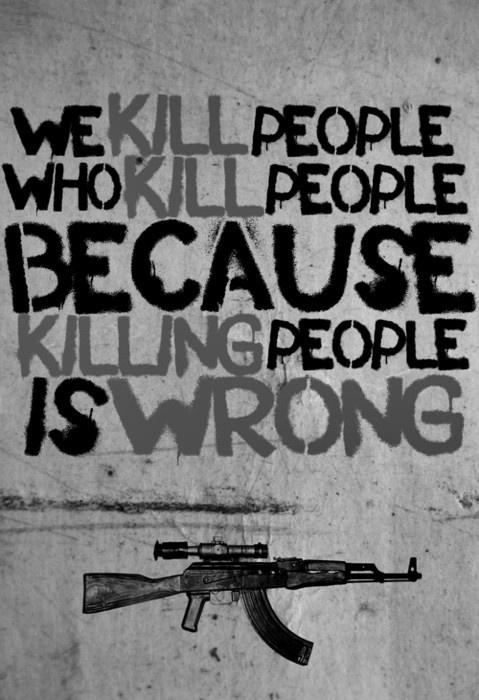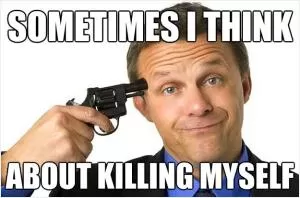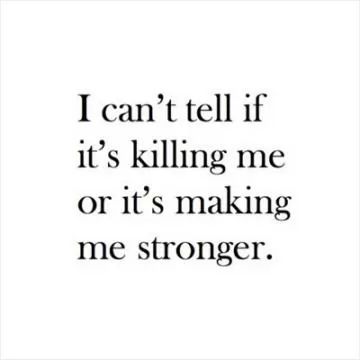We kill people who kill people because killing people is wrong

We kill people who kill people because killing people is wrong
The statement "We kill people who kill people because killing people is wrong" is a paradoxical and controversial one that raises important ethical and moral questions about the use of violence and punishment in society. At its core, this statement reflects the idea that killing is inherently wrong and should be punished, even if the punishment involves taking another person's life.The concept of killing as wrong is deeply ingrained in many moral and religious traditions. In most societies, murder is considered one of the most heinous crimes, and those who commit it are often subject to severe punishment, including the death penalty. The idea that killing is wrong is based on the belief that all human life is sacred and should be protected. By taking a life, a person violates this fundamental principle and undermines the value of human existence.
However, the use of the death penalty as a response to killing raises a number of ethical dilemmas. While it may seem logical to punish a murderer by taking their life, this approach raises questions about the morality of state-sanctioned killing. Is it ever justified for a society to kill in order to punish killing? Does the death penalty truly serve as a deterrent to crime, or does it simply perpetuate a cycle of violence and retribution?
Furthermore, the statement "We kill people who kill people because killing people is wrong" highlights the paradoxical nature of using violence to combat violence. By resorting to killing as a form of punishment, society risks perpetuating the very behavior it seeks to condemn. This raises important questions about the effectiveness of using violence as a means of achieving justice and maintaining social order.












 Friendship Quotes
Friendship Quotes Love Quotes
Love Quotes Life Quotes
Life Quotes Funny Quotes
Funny Quotes Motivational Quotes
Motivational Quotes Inspirational Quotes
Inspirational Quotes